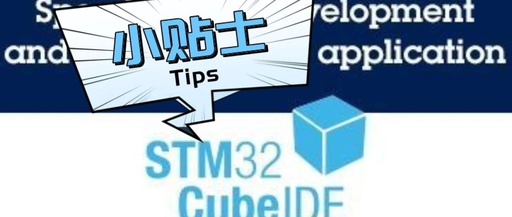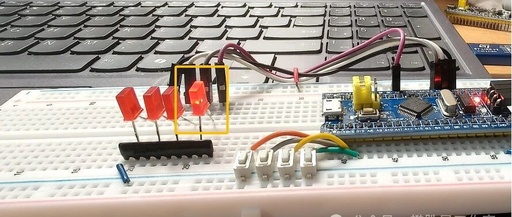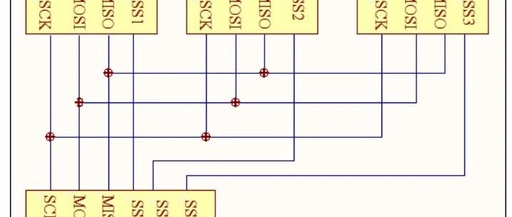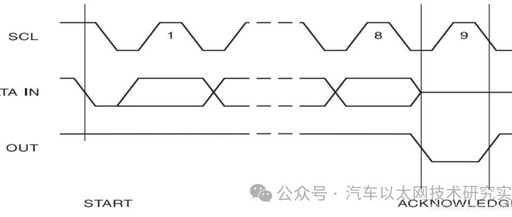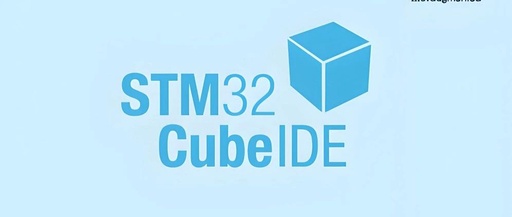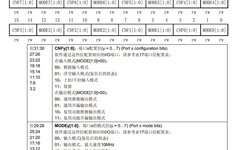How to Bypass STM32CubeIDE’s Detection of Clone J-Link Devices
👉STM32CubeIDE Tutorial Collection Recently, my company received a lawyer’s letter from MDK, leaving us no choice but to use open-source or free IDE tools. Considering various factors, I ultimately decided to use the STM32CubeIDE provided by STMicroelectronics. I found that there are relatively few tutorials on CubeIDE available online, which inspired me to create a … Read more
